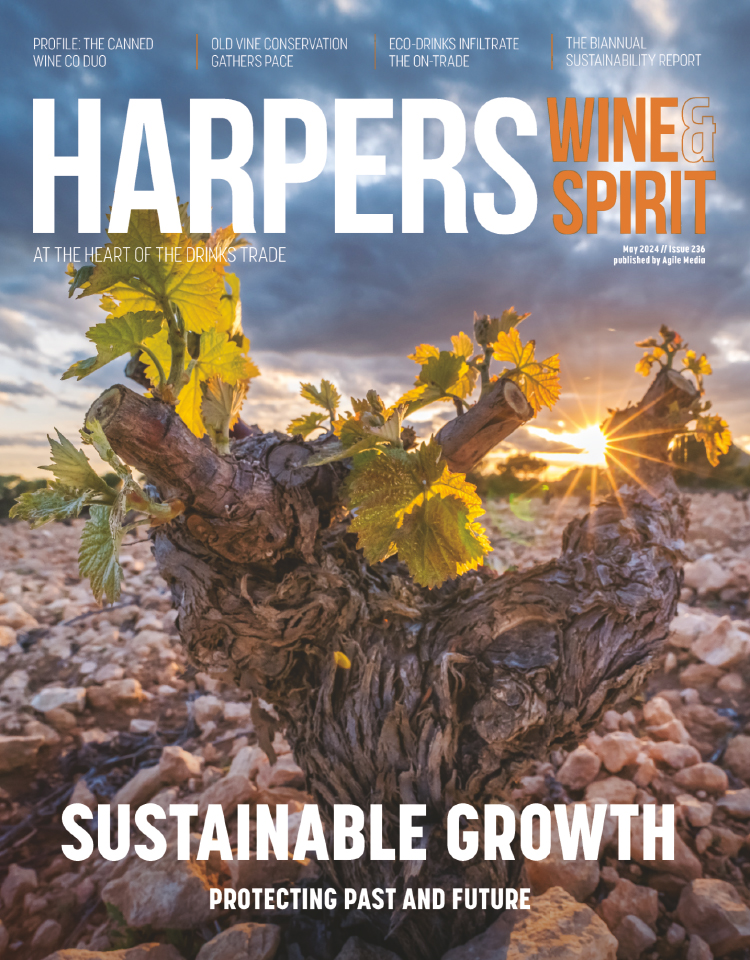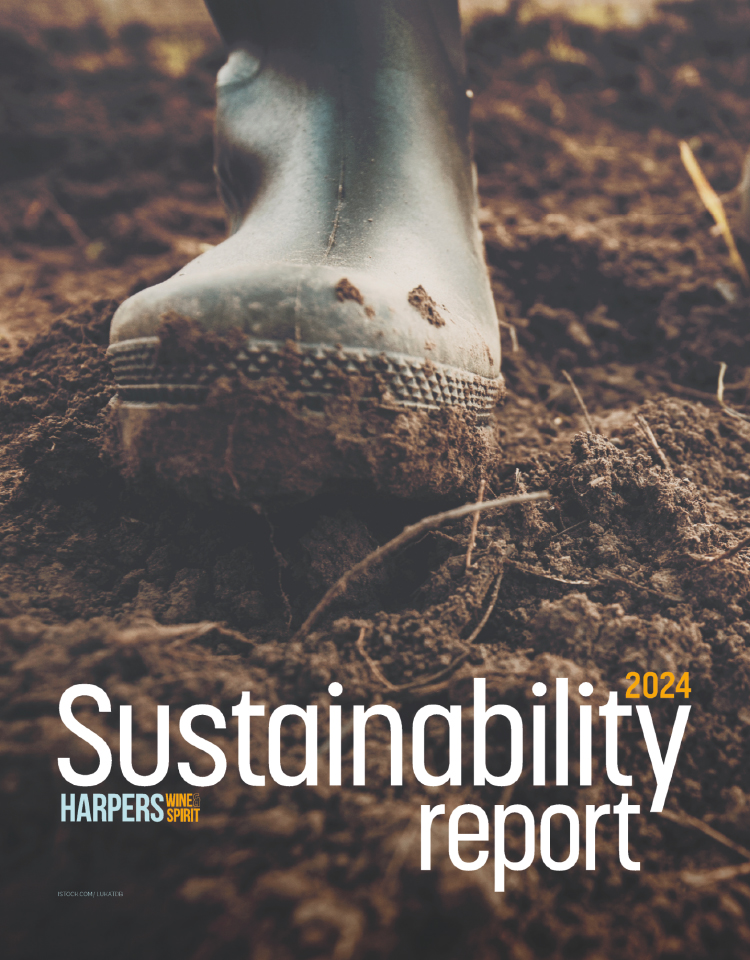
LWF: Red tape, labelling and tax hikes key clouds on SME horizon
Additional red tape, tax hikes and potential labelling requirements were pinpointed as key clouds looming on the wine industry horizon at this mornings London Wine Fair (LWF) briefing, Wine Trading 2021: “Are we there yet?”.
Hosted by Miles Beale, CEO of the WSTA, and attended by just shy of 150 viewers, the session in particular highlighted the difficulties such moves would have on SMEs, although general concern was voiced across the panel, which comprised a selection of five various sized wine businesses.
In response to which of the three issues were “the most difficult for different types of businesses”, Miles MacInnes, managing partner, Jascots Wine Merchants, responded: "I don’t like the look of any of them”, pointing out how, for businesses dealing with smaller wine producers, “it's disproportionately punitive to them.
“Both the labelling issue and the red tape. The more red tape, the harder it is to ship from smaller suppliers. I'm an enormous wine enthusiast and anything that threatens the diversity of the wine we can bring into the country is to be avoided,” he said.
Echoing this, Hal Wilson, MD of Cambridge Wine Merchants, added: “This year is going to be difficult enough with the existing requirements for us as controlled goods importers.”
In the same breath, Wilson warned how “there’s more to come” next year. “The WSTA has helped to delay the introduction of VI-1s, but we're also going to have organic produce certificates of inspection; we're going to have labelling required to add the importer name and address on the back of every bottle of wine that we import.
“I see those as three new things next year that are going to be difficult for our suppliers. Like Jascots, we are working with largely smaller suppliers and every time you add some very difficult requirements to comply just to export, the less attractive we become as an export destination,” he said.
Moreover, Wilson highlighted how, at the moment, there have been mitigating factors such as the duty freeze and the beneficial exchange rate, alongside new, "but not impossible", paperwork.
“The increase in the cost of a bottle of wine is kind of marginal, but next year it's set to rise more.”
Coming from a slightly different perspective, Rachelle Rush, head of supply chain projects, NPD & quality at Treasury Wine Estates, highlighted other factors, such as the introduction of the DRS (Deposit Return Scheme) in Scotland, for which England, Wales and Northern Ireland are currently in consultation.
Moreover, she pointed to the extended producer responsibility scheme and the move to circularity: “There's some really interesting opportunities and the landscape is certainly changing as we go along, not to mention the possibility of some very interesting UK trade deals. I think sustainability will continue to be a huge focus for businesses as well diversity.”
Also mentioning the environmental aspects, David Hogg, sales director, London City Bond, said that with the growth in home shopping and home deliveries, the company was seeing a demand to change how it packages things.
“Get away from the traditional plastic airbags, start to use recycled materials and also we've got to start to consider returnable potential bottles and kegs. All of these things and how we fit that in to meet our environmental objectives.
“And of course, ultimately we are going to be looking at how we can introduce electric vehicles into our delivery fleet, especially in the largest cities – so different kind of aspects from our fellow panellists, but from a warehousing distribution point of view, things that we really have got to get to grips with and take on board now,” he said.
Carrying on the sustainability thread, Nick Pegna, global sales director, Berry Bros & Rudd, said the business was also looking at electric vehicles.
“I think that for us, and picking up what David said, I think the sustainability demand from customers is very clearly around sustainability in terms of labelling and in terms of how we operate.
“One of the things that has driven the decision for us in terms of our next move for warehousing to become carbon neutral was specifically on climate requests and questions. Challenges – fair challenges – about the way we go about doing business and the people we do business with.”






